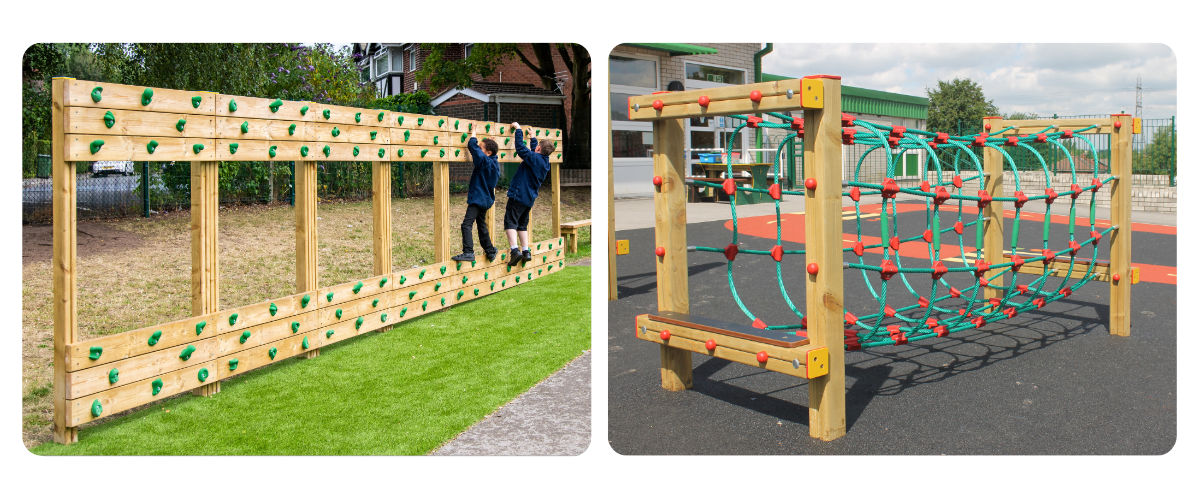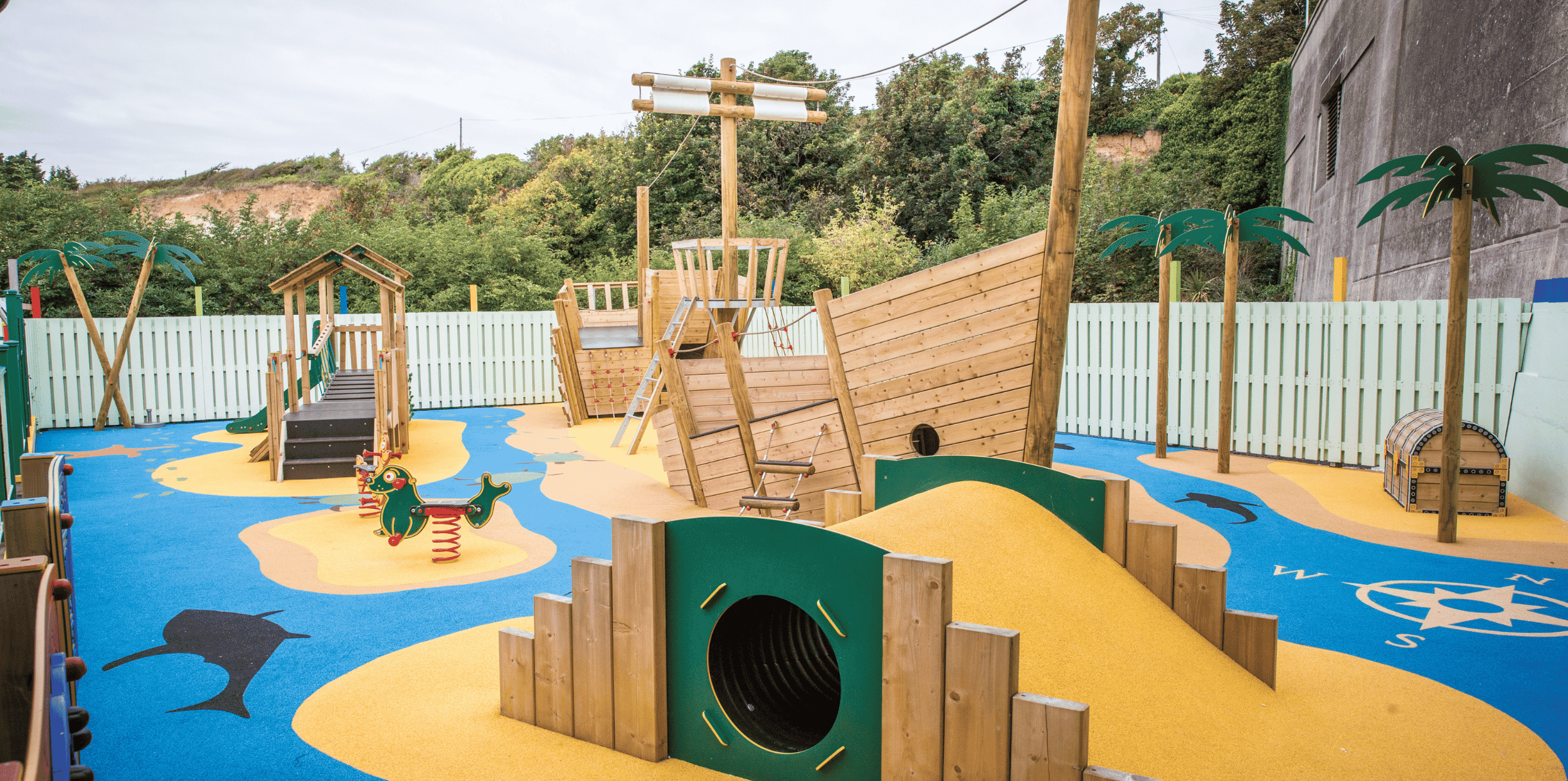How To Choose Outdoor Play Equipment That Best Serves Your Pupils
Outdoor play is essential to child development. From boosting physical fitness to encouraging creativity and social interaction, the right equipment can support a broad range of learning outcomes. When selecting outdoor play equipment for a school or nursery, it’s important to consider how it will contribute to children’s developmental needs – both physically and mentally.
Supporting Fine Motor Skills Development
Fine motor skills are key to many everyday tasks, including writing, dressing, and using tools. Outdoor environments provide rich opportunities for children to strengthen these skills through practical, play-based activities.

Sand and Water Play
Activities like pouring, scooping, and digging help children refine precise hand and finger movements. These experiences support grip strength, coordination, and tactile awareness, all while encouraging exploration and creative thinking.
Climbing and Swinging
Climbing frames, monkey bars, and swings require children to grasp, hold, and balance their bodies. These movements not only engage the hands and arms, but also build core strength and spatial awareness, both vital for physical control.
Outdoor Games and Sports
Games involving throwing, catching, or batting enhance coordination, precision, and reaction times. These activities also promote team interaction and build children’s confidence in group settings.
By engaging with a variety of outdoor challenges, children naturally develop muscle control and body awareness – key foundations for more complex tasks.
Encouraging Imaginative And Creative Play
Creative play allows children to express themselves, solve problems, and develop social skills. Outdoor environments can support this through open-ended, flexible spaces and equipment that spark the imagination.
Messy and Sensory Play
Mud kitchens, for example, offer a space for children to mix, pour, and experiment—activities that support communication, cooperation, and exploratory learning. These setups are particularly well suited to early years environments and help build curiosity and resilience.
Role Play and Performance
Versatile equipment such as sand huts or stages can double as settings for imaginative storytelling or dramatic play. These spaces give children the freedom to create and act out scenarios, supporting emotional development and language skills.
Learning Through Nature
Outdoor planters or growing spaces encourage hands-on learning about nature, lifecycles, and food origins. They also promote responsibility and respect for the environment – key values in both EYFS and wider curriculum goals.
Choosing The Right Equipment For Your Setting
When planning an outdoor play area, consider:
- The age and developmental stage of pupils
- The types of movement and skills you’d like to support
- Opportunities for solo and group play
- How the space will support creativity, communication, and confidence
Need a Hand Deciding?
With so many options available, it’s easy to feel overwhelmed. Speaking to a Play Advisor can help you narrow down the best choices based on your space, goals, and budget. A thoughtful, needs-led approach ensures the final play space serves every child – whether they’re climbing, creating or roleplaying.
Get in touch today for expert guidance tailored to your specific needs and goals by calling 01244 375 627 or via the Contact Form
Further Reading: Check out our guide on What Items Should Be In A School Playground
Explore More Using The Ultimate Playground Design Guide Menu




